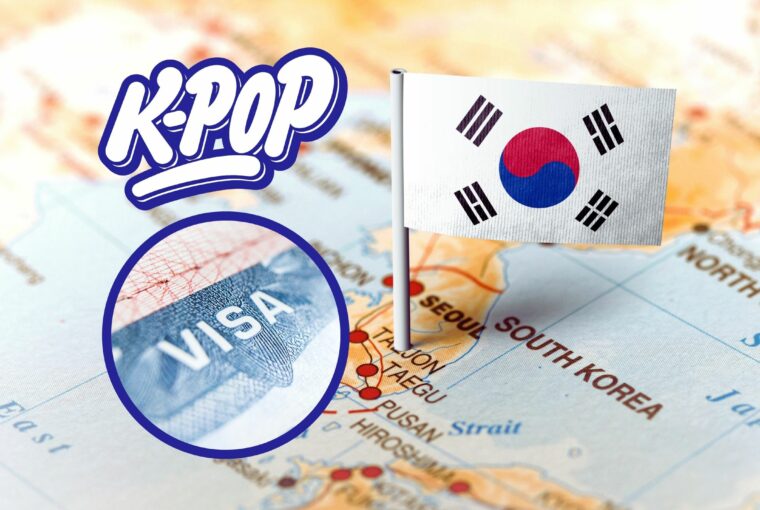South Korea is set to launch a new visa, specifically catering to enthusiasts of South Korean culture. They’re calling it the Hallyu visa or “K-culture training visa.” It allows non-Koreans who register at local performing arts academies to stay in the country for up to two years. Hallyu, meaning “Korean Wave,” refers to the international popularity of South Korea’s cultural exports, including K-dramas, K-pop, and other artistic mediums, including movies.
The Ministry of Culture, Sports, and Tourism’s business plan refers to the arts as “the driver of K-culture for the next generation.” Its focus is on supporting young artists and writers as one of its six key strategies to attract more tourists. South Korea also plans to launch the K-Tourism Road Show in countries like Sweden and the US this year. Specific requirements for the K-culture training visa have yet to be disclosed. Details are expected by the second half of 2024.
From a tourism perspective, nurturing the devotion of K-culture enthusiasts makes financial sense. The K-pop industry is worth 10 billion USD, and it’s an important part of South Korea’s economy. So much so, in fact, that the country’s GDP was affected last year after BTS announced a temporary hiatus for military service and the members’ solo careers. K-pop is the number-one reason tourists flock to South Korea, according to the Ministry of Culture, Sports, and Tourism. Researchers found that K–pop was mentioned nearly 37 million times on social media in the top 20 countries that drive inbound tourism.
South Korea, maglulunsad daw ng “Hallyu Visa” para sa K-Pop fans | BT
South Korea will cater to digital nomads too
Visit Korea, South Korea’s official tourism website, often uses K-dramas and K-pop in its marketing campaigns. A video starring “Squid Game” actor Lee Jung-jae has earned 142 million YouTube views since its release six months ago. Another series promoting different destinations, featuring artists like BTS and BLACKPINK, has been viewed more than 2.1 billion times on YouTube in three years.
After taking a hit during the COVID-19 pandemic, South Korea’s tourism industry is a significant economic driver again. The World Travel and Tourism Council says this sector will see a growth of 4.8% annually through 2032. This is greater than the projected 1.8% growth rate of the national economy.
In addition to the K-culture visa, South Korea has also announced a separate visa for digital nomads. Launched on January 1, this visa allows remote workers earning at least 66,000 USD a year to stay in South Korea for up to two years. The digital nomad scene is burgeoning, with dozens of countries worldwide competing to lure remote workers in sectors such as finance and technology. – K-Pop News Writer
Featured Image: Soon it’ll be easier for fans to fly to South Korea and see their idols in person. Source: Canva/Stock Photo







